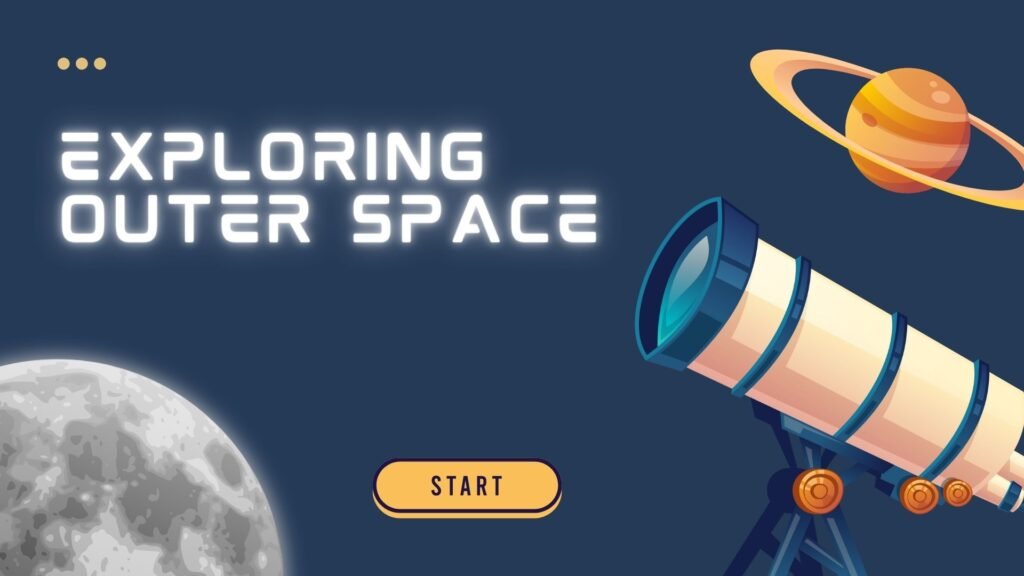
Have you ever looked up at the stars and wondered how satellites reach orbit or how rockets are built? If so, space engineering might be the perfect career path for you. It’s an exciting and challenging field that blends science, technology, and creativity to explore and work in outer space. From building spacecraft to designing communication systems, space engineering opens doors to remarkable opportunities.
In this guide, you’ll learn how to get into space engineering, the qualifications required, the top programs in the US and UK, and how to prepare for a successful future in space careers.
What Is Space Engineering?

Space engineering is a branch of engineering that focuses on the design, development, and operation of machines and systems used in space. This includes satellites, spacecraft, launch vehicles, space stations, and more. It draws knowledge from mechanical, electrical, computer, and aerospace engineering. Engineers in this field may work on:
- Satellite communication systems
- Rocket propulsion technologies
- Orbital mechanics
- Space mission planning
- Spacecraft design and testing
With the space industry rapidly growing, especially in the US and UK, demand for skilled engineers is increasing globally.
How to Become a Space Engineer

1. Focus on STEM Subjects Early
If you're still in school, start preparing by taking courses in:
- Mathematics
- Physics
- Computer Science
- Chemistry
These subjects will help you build a solid foundation in logic, problem-solving, and technical thinking skills essential for any space engineering role.
2. Earn a Relevant Degree
The next step is pursuing a bachelor’s degree in:
- Aerospace Engineering
- Mechanical Engineering
- Electrical Engineering
- Computer Engineering
Many top universities worldwide offer specialized space engineering programs. Notable institutions include MIT, Stanford, and Georgia Tech in the US, as well as Imperial College London and the University of Cambridge in the UK. These schools provide hands-on labs, space-focused electives, and research opportunities with leading space agencies and private companies.
3. Buy Space Engineering Courses Online
If you’re unable to access a full-time university program or want to build additional skills, you can buy space engineering courses online. Platforms like Coursera, edX, and Udemy offer courses in:
- Satellite systems
- Rocket propulsion
- Space mission design
- Space electronics
These flexible courses are ideal for working professionals or students who want to expand their knowledge at their own pace.
4. Gain Practical Experience
Hands-on experience is critical in engineering. Seek internships and research projects that align with space technologies. Top options include:
- NASA internships for students in the US
- ESA training programs in Europe
- SpaceX, Blue Origin, and Lockheed Martin internships
- Student-led projects like building CubeSats or participating in rocket competitions
These experiences not only teach technical skills but also show future employers that you're serious about your space career.
5. Consider an Advanced Degree
If you aim for leadership, research, or development roles, pursuing a master’s or PhD can be helpful. Graduate programs allow you to specialize further in areas like:
- Astrodynamics
- Satellite Design
- Propulsion Systems
- Space Robotics
Advanced degrees also open the door to roles in academia and government space agencies such as NASA or the UK Space Agency.
Essential Skills for Space Engineering

Besides academic qualifications, a space engineer must have both technical and soft skills.
Technical Skills:
- CAD and simulation software: Used to design and test spacecraft components in a virtual environment.
- Programming (Python, C++, MATLAB): Crucial for automating tasks, running simulations, and processing data.
- Systems engineering: Focuses on designing and managing complex engineering systems.
- Data Analysis: Involves interpreting technical data from space missions or simulations.
Soft Skills:
These skills are often developed during internships, university team projects, or by completing online courses.
- Problem-solving
- Critical thinking
- Teamwork
- Communication
Careers in Space Engineering
There are many paths within space careers, such as:
- Satellite Engineer
- Propulsion Engineer
- Flight Dynamics Analyst
- Space Systems Designer
- Aerospace Software Developer
Most professionals begin in junior positions and gradually take on more responsibility as they gain experience. With time and dedication, you could even lead a space mission or help design parts of future spacecraft. Job opportunities can be found through platforms like NASA Careers in the US, the UK Space Agency, and major aerospace companies such as SpaceX, Blue Origin, Boeing, and Northrop Grumman. Research labs and universities also offer valuable roles. To discover openings worldwide, use keywords like space engineering jobs, aerospace internships, or graduate space careers in your job search.
Why Choose Space Engineering in the US or UK?
Both the US and UK space engineering sectors offer cutting-edge technology, government investment, and access to global space missions.
United States:
- Home to NASA, SpaceX, Blue Origin, and more
- Thousands of new space-related jobs each year
- Top-tier educational institutions and R&D labs
United Kingdom:
- Strong government funding for space innovation
- Key contributor to the European Space Agency (ESA)
- Growing private sector presence and startup ecosystem
Working in either region gives you access to advanced projects and global networking opportunities.
Closing thoughts
If you're wondering how to get into space engineering, the journey starts with a passion for science and ends with opportunities that are literally out of this world. Whether you study at a top university, buy space engineering courses online, or join a space startup, there are many paths into this exciting field.
From building satellites to supporting Mars missions, space careers offer a chance to be part of something bigger than yourself. Start early, stay curious, and never stop learning. The sky is not the limit; it’s only the beginning.






